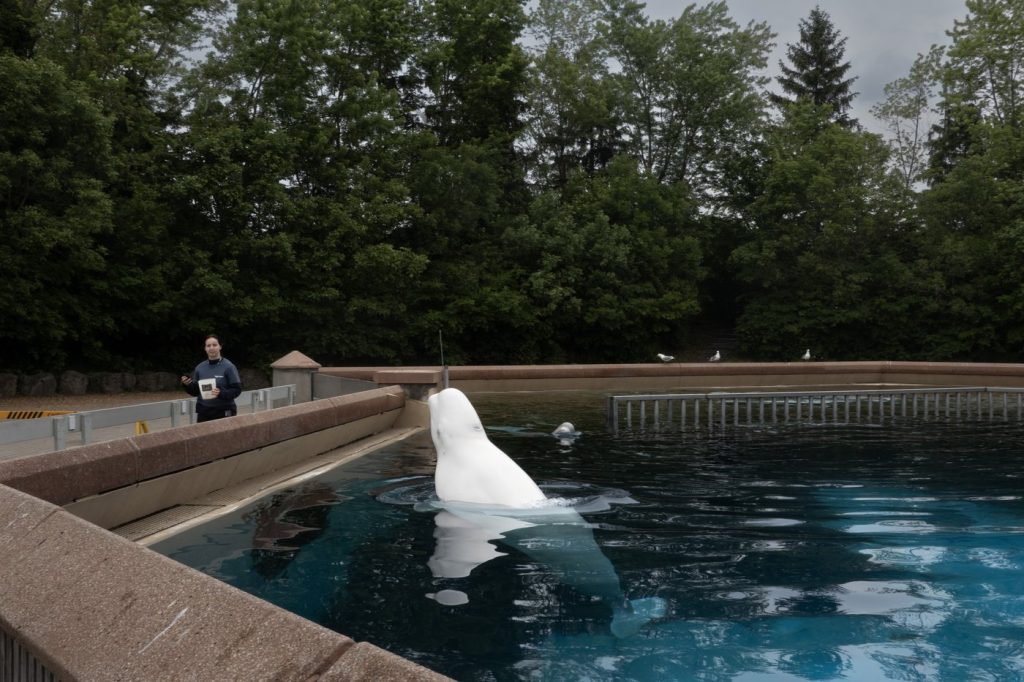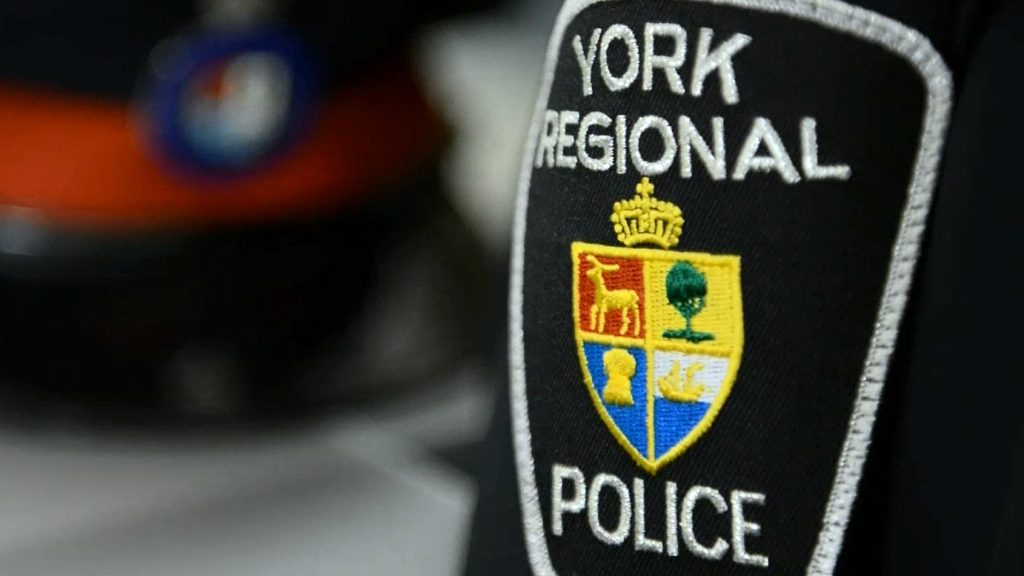The situation at Marineland, a tourist attraction near Niagara Falls, Ontario, has drawn significant concern following the deaths of 20 whales since 2019. Ontario Premier Doug Ford characterized the situation as “terrible” during a press conference on September 25, 2025, expressing his heartache for the “poor whales” still held in captivity.
According to a database maintained by The Canadian Press, as of now, 30 beluga whales remain at Marineland, which is notable as it is the last place in Canada where cetaceans are kept, following a nationwide ban on such captivity implemented in 2019. Premier Ford stressed the responsibility of Marineland in ensuring the health and well-being of these marine mammals, acknowledging the ongoing narrative of distress surrounding their care.
Alongside the belugas, there are four dolphins, several seals, sea lions, and a variety of land animals including bears and deer still residing at the park. Marineland recently submitted a request to the federal government for permits to export all of its remaining belugas, as stated by Fisheries and Oceans Canada. The decision, however, lies solely with the federal minister, and no determination has been made yet.
Ford also speculated about financial troubles at Marineland, estimating that it costs around $1 million per month to feed the whales, raising questions about the park’s sustainability. The situation is further complicated as the CBC reported potential interest from Chimelong, a large zoo and aquarium operator in China, in purchasing the belugas, although no firm decisions have been announced.
Legal parameters around the care of marine mammals at Marineland remain intricate. Although the 2019 law banning whale captivity allowed Marineland to continue operating, it prohibited breeding and the trade of whales, except for specific scientific research or in the animal's best interest, subject to ministerial discretion. Current discussions also reference the proposed Whale Sanctuary Project in Nova Scotia, aimed at providing a more natural habitat for such marine mammals; however, this project has faced substantial delays and is not yet operational.
For nearly two years, Marineland has been on the market for sale, yet no final agreement has been disclosed. In addition, the Ontario government was reported to be actively investigating Marineland for animal welfare violations since 2020, with incidents leading to more than 200 inspections and 33 compliance orders issued by the inspectors. Concerns grip the ministry regarding water quality, record keeping, and the overall conditions of the enclosures used for the animals.
Another recent tragedy involved the death of a beluga whale and a harbour seal in mid-August, renewing attention on the park's troubling reputation. Criticism from Ontario's political scene has followed Premier Ford's remarks. Ontario Liberal parliamentary leader John Fraser pointedly questioned Ford's long-term commitment to animal welfare, stating, “Empathy without action is just empty.” It showcased growing dissatisfaction with perceived inaction from the government in response to the ongoing struggles at Marineland.
Green Party Leader Mike Schreiner echoed these sentiments, arguing for a collaborative approach involving Marineland, marine mammal specialists, and the federal government to develop a decisive action plan for the animals still in the park, emphasizing that further delays could amount to neglect and abuse.
As the situation evolves regarding the remaining whales and dolphins at Marineland, the overarching narrative reflects a complex interplay of animal welfare, legal boundaries, and financial viability, with many voices calling for immediate action to ensure the well-being of these captive marine animals.












